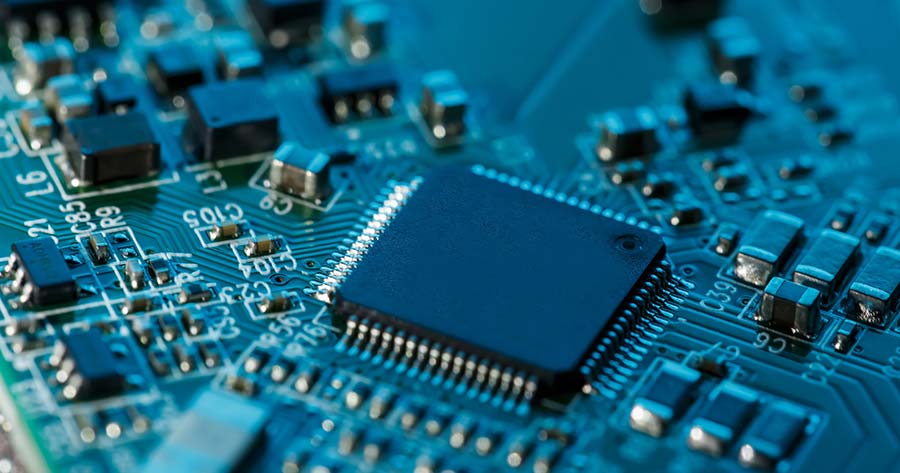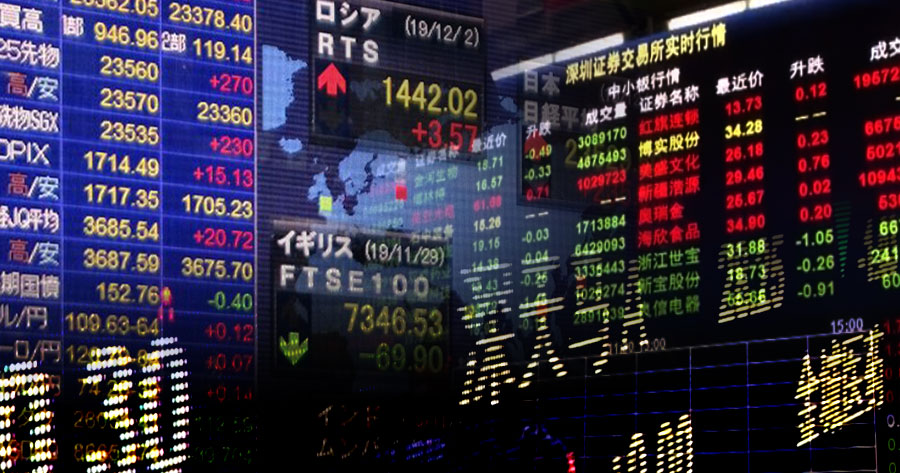According to a Bloomberg report citing sources familiar with the matter, the Trump administration is taking steps to intensify U.S. semiconductor restrictions and urging allies to tighten their own controls on China’s chip sector. This move signals that the new president aims to expand on the policies initiated by Joe Biden to curtail China’s technological advancements.
Recent meetings between Trump officials and their Japanese and Dutch counterparts focused on limiting the activities of engineers from Tokyo Electron Ltd. and ASML Holding NV in China. This move aligns with Biden’s earlier efforts to have allies enforce similar restrictions on Chinese chip-gear companies as those imposed by the U.S. on firms like Lam Research Corp., KLA Corp., and Applied Materials Inc.
Alongside these discussions, there’s chatter in Washington about potential sanctions targeting specific Chinese companies, as well as proposals to further limit the export of Nvidia Corp. chips to China without a license.
Reports of these developments led to a decline in shares of Japanese chip companies, with Tokyo Electron experiencing a notable drop.
The overarching goal is to hinder the development of China’s domestic semiconductor industry, which could enhance its military and AI capabilities. Trump seems to be advancing where Biden’s administration left off, seeking to revisit agreements with allies and adopt more aggressive policies that some hawkish members of Biden’s team advocated.
Meanwhile, it is anticipated that any new U.S. regulations will take time to materialize, as Trump fills key agency positions.
It remains uncertain if allied nations will be more receptive to these strategies under Trump’s leadership given previous hesitations. In the past, an informal agreement was reached with the Hague to restrict equipment maintenance in China. However, Dutch officials hesitated to proceed following Trump’s election victory.
Biden’s administration had multiple priorities that were passed on to Trump’s national security team, who seem open to continuing these initiatives. This includes preventing ChangXin Memory Technologies Inc. in China from acquiring American technology—a strategy Biden considered but did not act on due to Japanese opposition.
There is a push within Trump’s team to further restrict Semiconductor Manufacturing International Corp., China’s main chipmaking partner for Huawei. Biden had already blocked shipments to certain SMIC facilities, but the case-by-case review policy for others is viewed by some officials as a potential loophole.
Moreover, the Trump administration is exploring further restrictions on Nvidia chips designed for China, continuing discussions from Biden’s tenure. Some of Biden’s officials advised these tighter measures before leaving, but were not pursued by the then-Commerce Secretary Gina Raimondo.
Additionally, the AI diffusion rule from Biden’s final week in office, which categorized countries based on AI computing power limits, faced criticism from companies like Nvidia. There are now efforts to refine this rule under Trump, potentially reducing the amount of computing power exportable without a license.
The future of these regulatory frameworks remains under discussion as the Trump administration seeks a streamlined approach to reinforce its technological edge against China.
Despite an early dive in the morning, the Hang Seng Tech Index reversed losses of more than 4% on Tuesday to only -0.33% in the afternoon as investors rushed to buy the dip.





